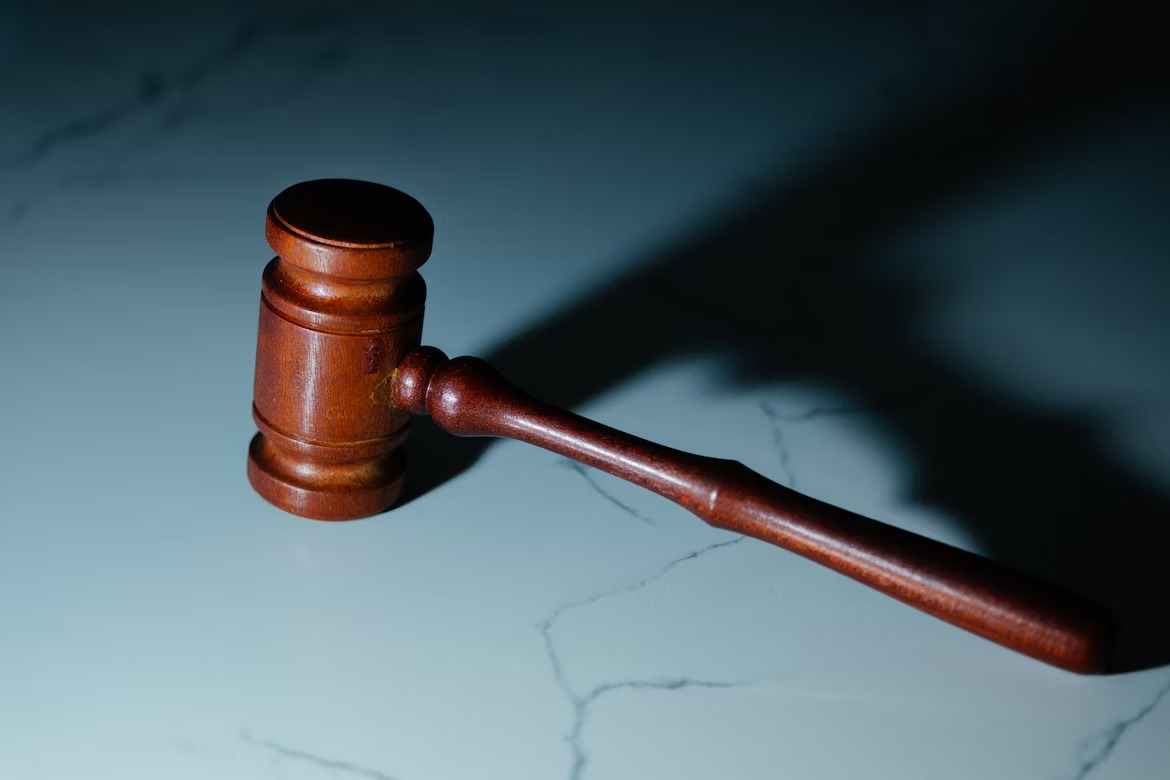
How Many Personal Injury Claims Go to Court?
When you find yourself facing the aftermath of an accident, seeking compensation for your injuries and damages becomes a top priority. Personal injury claims provide a legal avenue to pursue the compensation you deserve. As a personal injury law firm based in Ottawa, we understand that individuals dealing with personal injury cases may have questions and concerns about the legal process, especially as it pertains to whether or not their case will go to court.
In this article, we will shed light on how many personal injury claims actually go to court, explore the factors influencing this decision, and discuss the benefits and drawbacks of pursuing a lawsuit. By the end, you’ll have a clearer understanding of the personal injury claims process and greater confidence when it comes to dealing with your own personal injury case.
Understanding Personal Injury Claims
To grasp the dynamics of personal injury claims, it’s essential to first understand what they entail. A personal injury claim is a legal process where an injured party seeks compensation from the at-fault party or their insurance company for the losses and damages incurred due to an accident or incident.
Seeking legal representation is crucial when pursuing a personal injury claim. An experienced personal injury lawyer can guide you through the complexities of the legal system, ensure your rights are protected, and help you build a strong case to maximize your chances of receiving fair compensation.
The personal injury claims process typically involves several stages. It begins with filing an insurance claim, providing detailed documentation of your injuries, medical bills and expenses, and other relevant damages. From there, negotiations take place between your legal representation and the insurance company to reach a fair settlement. In many cases, a resolution is reached without going to court, sparing you from the added stress and time commitment of litigation.
The Role of Personal Injury Lawyers
A personal injury lawyer plays a pivotal role in the claims process, ensuring your rights are protected and advocating for your best interests. These legal professionals specialize in personal injury law and have the expertise to navigate the complexities of your case.
By hiring an experienced personal injury attorney, you gain access to their wealth of knowledge and resources. They will meticulously analyze your case, gather evidence, consult with experts, and develop a strong legal strategy tailored to your unique situation. They will also handle all communication with the insurance company on your behalf, protecting you from potential pitfalls and ensuring your claim is presented effectively.
Factors Influencing the Decision to Go to Court
Not all personal injury claims end up in court. In fact, the vast majority of personal injury claims are resolved through settlement negotiations. However, certain factors can influence the decision to escalate a claim to a lawsuit.
What Factors Determine Whether a Personal Injury Claim Goes to Court
One significant factor is the complexity of the case. Some personal injury cases involve intricate legal issues, such as multiple parties involved, disputed liability, or complex medical evidence. When the case becomes legally convoluted, it may be necessary to present it in a court of law for a fair resolution.
Legal disputes can also push a claim towards litigation. If there is a disagreement between you and the insurance company regarding liability, the extent of your injuries, or the value of your claim, it may be challenging to reach a settlement. In such situations, a lawsuit might be necessary to resolve these disputes and ensure you receive the compensation you deserve.
Another factor is the reasonableness of settlement offers. Insurance companies sometimes make lowball offers that do not adequately compensate you for your injuries and damages. If the insurance company refuses to negotiate in good faith or fails to offer a fair settlement, pursuing a lawsuit can be a viable option to pursue the maximum compensation available under the law.
Personal Injury Lawsuits
Only a small percentage of personal injury claims actually proceed to court. The majority of claims are resolved through negotiation, settlement, or alternative dispute resolution methods such as mediation. This means that most claimants are able to reach a satisfactory outcome without the need for litigation. That being said, there are certain types of personal injury claims that are more likely to go to court than others.
What Types of Personal Injury Cases are Most Likely to Go to Court?
Car accidents are the most common type of personal injury court case. This is because these cases often involve complex liability issues, disputed facts, or significant damages. Having a skilled car accident lawyer by your side can significantly increase your chances of success in a court setting.
Another type of case that may proceed to court is slip-and-fall accidents. Establishing liability in these cases can be challenging, as it requires proving that the property owner or occupier was negligent in maintaining a safe environment. With the help of a dedicated personal injury lawyer, you can build a strong case and navigate the complexities of premises liability laws.
The Pros and Cons of Going to Court
Now, let’s explore the benefits and drawbacks of pursuing a personal injury lawsuit.
Advantages of pursuing a personal injury lawsuit
- Possibility of higher compensation: Going to court gives you the opportunity to present your case before a judge or jury who can award higher compensation if they find in your favor. This can be particularly advantageous if the insurance company’s settlement offers are inadequate to cover your losses fully.
- Opportunities for gathering evidence and expert testimonies: Litigation allows for a more extensive discovery process, which includes collecting evidence, conducting depositions, and obtaining expert testimonies. These elements can strengthen your case and increase your chances of achieving a favorable outcome.
Disadvantages and potential challenges of going to court
- Extended time and higher legal costs: Court proceedings can prolong the resolution of your case. The litigation process involves various stages, including filing the lawsuit, pre-trial procedures, and potentially a trial. Additionally, the costs associated with litigation, such as court fees and attorney fees, can be higher compared to reaching a settlement.
- Uncertainty of outcome and potential risks: When your case goes to court, the outcome becomes uncertain. The judge or jury’s decision may not align with your expectations, potentially resulting in a lower compensation award or even a dismissal of your case. It’s crucial to understand and accept the inherent risks associated with litigation.
Despite the potential drawbacks, it’s essential to evaluate the specific circumstances of your case and consult with a personal injury lawyer to determine whether pursuing a lawsuit is in your best interest.
Choose McNally Gervan for Experienced Personal Injury Representation
In the realm of personal injury claims, the decision of whether to pursue a lawsuit and go to court depends on various factors. While the majority of personal injury claims are resolved through negotiation and settlement, certain circumstances may necessitate taking legal action.
At McNally Gervan, we understand the challenges and concerns you may face as a personal injury claimant. Our team of experienced personal injury lawyers is dedicated to helping accident victims navigate the legal process and seek fair compensation. Whether you’re in need of a car accident lawyer, an attorney for your long-term disability case, or any other type of legal assistance, we offer comprehensive case evaluations and a free consultation to assess the merits of your claim and provide you with honest guidance.
Remember, you don’t have to face your personal injury claim alone. Seek legal counsel to ensure your rights are protected and to maximize your chances of a successful outcome. Contact McNally Gervan today and let us fight for the justice and compensation you deserve.







Follow Us